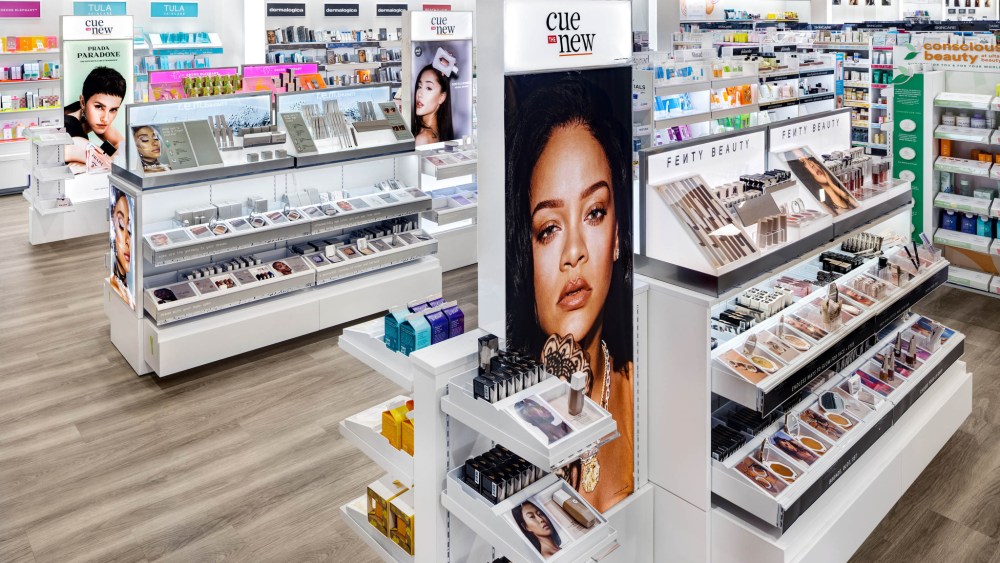Amazon’s growing presence in the beauty industry is shaking up traditional retail dynamics, creating an intensely competitive landscape for beauty retailers in the U.S. Companies like Ulta Beauty and Sephora are feeling the heat, as they struggle to maintain market share in the face of Amazon’s aggressive pricing strategies. Ulta Beauty recently reported losing market share for the first time in 2024, highlighting how unprecedented the competitive environment has become. As Sephora parent company LVMH Moët Hennessy Louis Vuitton noted, the beauty retailer is seeing dwindling momentum in e-commerce, primarily due to Amazon’s relentless price competition. This shift forces beauty retailers to rethink their strategies to stay relevant.
In light of this fierce competition, retailers find themselves at a crossroads. Wendy Liebmann, CEO of WSL Strategic Retail, emphasized that simply playing by Amazon’s rules is not an option for success. Instead, beauty retailers have a unique advantage: the ability to offer a tangible, sensory shopping experience. While Amazon excels in convenience, Liebmann argues that brick-and-mortar stores can foster more intimate relationships with customers who want to touch, smell, and experience products before purchasing. This emotional connection can’t be replicated online, giving physical stores a reason to thrive amid the e-commerce onslaught.
As part of their response to the encroaching online competition, Sephora is reinventing its physical store experience with extensive refurbishments. The goal is to enhance the shopping atmosphere, emphasizing the unique offerings that distinguish Sephora from competitors. Meanwhile, companies are also shifting focus toward exclusivity, seeing it as a crucial strategy for maintaining customer loyalty. Cassie Cowman from View From 32 noted that while Sephora doesn’t compete on price, it can attract clients through a carefully curated product assortment that highlights unique brands. This strategy positions them as the go-to for consumers seeking the latest in prestige beauty.
The push for exclusivity has intensified, with brands being encouraged to delay their listings on Amazon. Retailers are now more focused on building loyalty programs that provide personalized experiences. Both Sephora and Ulta have successful loyalty programs, boasting millions of members that allow them to gather valuable consumer insights. Olivia Tong, an analyst at Raymond James, highlighted how this data can enhance customer relationships and drive sales. Additionally, as Margarita Arriagada, a former chief merchant at Sephora, pointed out, future loyalty programs must go beyond simple points systems, aiming for community engagement and personalization.
Ulta has introduced innovative partnerships and experiences to enhance its offerings. For example, the retailer recently announced a collaboration with Beyoncé Knowles-Carter’s hair care line, Cécred, integrating their salon services for a unique customer experience. This effort symbolizes a broader trend of utilizing exclusive partnerships to create memorable retail engagements. The collaboration will culminate in a special “Cowboy Carter” tour event where Ulta will offer curated beauty looks and a limited-edition fragrance. Such initiatives blend entertainment with retail, appealing to shoppers’ desire for exclusivity and immersive experiences.
In a further effort to broaden their appeal and market reach, Ulta and other retailers are also exploring marketplace models. Ulta plans to launch an invite-only marketplace, while Walmart has already expanded its online beauty offerings significantly. This allows them to quickly enter the prestige beauty segment with minimal capital investment, addressing diverse consumer needs. As the landscape evolves, both Ulta and Walmart are finding ways to differentiate themselves, supplying a wider range of products and experiences to compete effectively against giants like Amazon. The beauty retail sector is thus poised for a transformative shift, where traditional players adapt to meet consumers’ ever-changing demands.

